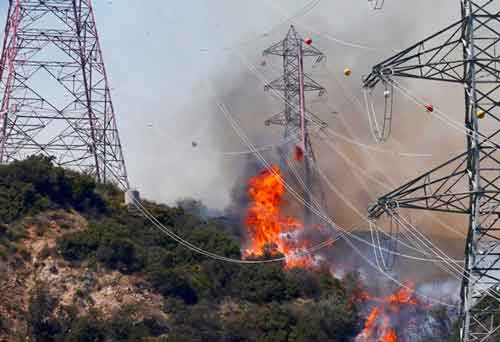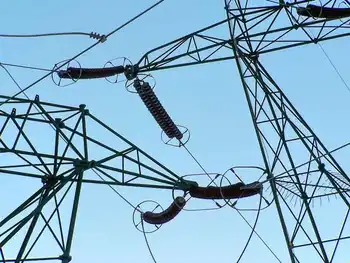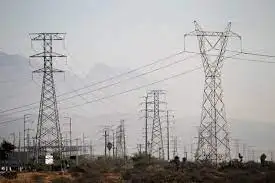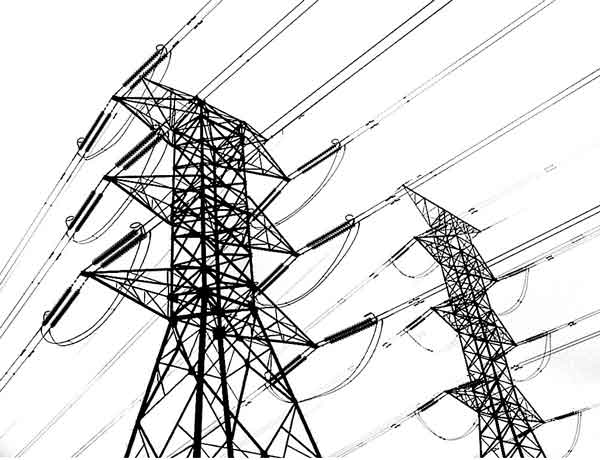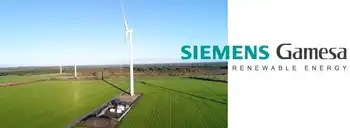European Gas Prices hit pre-invasion lows as LNG inflows, EU storage gains, and softer oil markets ease the energy crisis, while recession risks, windfall taxes, and ExxonMobil's challenge shape demand and policy.
Key Points
European gas prices reflect supply, LNG inflows, storage, and policy, shaping energy costs for households and industry.
✅ Month-ahead hit €76.78/MWh, rebounding to €85.50/MWh.
✅ EU storage 83.2% filled; autumn peak exceeded 95%.
✅ Demand tempered by recession risks; LNG inflows offset Russian cuts.
European gas prices have dipped to a level last seen before Russia launched its invasion of Ukraine in February, after warmer weather across the continent eased concerns over shortages and as coal demand dropped across Europe during winter.
The month-ahead European gas future contract dropped as low as €76.78 per megawatt hour on Wednesday, the lowest level in 10 months, amid EU talks on gas price cap strategies that could shape markets, before closing higher at €83.70, according to Refinitiv, a data company.
The invasion roiled global energy markets, serving as a wake-up call to ditch fossil fuels for policymakers, and forced European countries, including industrial powerhouse Germany, to look for alternative suppliers to those funding the Kremlin. Europe had continued to rely on Russian gas even after its 2014 annexation of Crimea and support for separatists in eastern Ukraine.
On Tuesday 83.2% of EU gas storage was filled, data from industry body Gas Infrastructure Europe showed. The EU in May set a target of filling 80% of its gas storage capacity by the start of November to prepare for winter, and weighed emergency electricity measures to curb prices as needed. It hit that target in August, and by mid-November it had peaked at more than 95%.
Gas prices bounced further off the 10-month low on Thursday to reach €85.50 per megawatt hour.
Europe has several months of domestic heating demand ahead, and some industry bosses believe energy shortages could also be a problem next winter, with a worst energy nightmare still possible if supplies tighten. However, traders have also had to weigh the effects of recessions expected in several big European economies, which could dent energy demand.
UK gas prices have also dropped back from their highs earlier this year, and forecasts suggest UK energy bills to drop in April. The day-ahead gas price closed at 155p per therm on Wednesday, compared with 200p/therm at the start of 2022, and more than 500p/therm in August.
Europe’s response to the prospect of gas shortages also included campaigns to reduce energy use – a strategy belatedly adopted by the UK – and windfall taxes on energy companies to help raise revenues for governments, many of which have started expensive subsidies to cushion the impact of high energy prices for households and consumers. Energy companies have enjoyed huge profits at the expense of businesses and households this year, as EU inflation accelerated, but costs remained much the same.
However, the US oil company ExxonMobil on Wednesday launched a legal challenge against EU plans for a windfall tax on oil companies, according to filings by its German and Dutch subsidiaries at the European general court in Luxembourg. ExxonMobil argued that the windfall tax would be “counter-productive” because it said it would result in lower investment in fossil fuel extraction, and that the EU did not have the legal jurisdiction to impose it.
ExxonMobil’s move has prompted anger among European politicians. A message posted on the Twitter account of Paolo Gentiloni, the EU’s commissioner for the economy, on Thursday stated: “Fairness and solidarity, even for corporate giants. #Exxon.”
Oil prices are significantly lower than they were before the start of Russia’s invasion, and only marginally above where they were at the start of 2022. Brent crude oil futures traded at $100 a barrel on 28 February, but were at $81.84 on Thursday.
Oil prices dropped by 1.7% on Thursday. Prices had risen from 12-month lows in early December as traders hoped for increased demand from China after it relaxed its coronavirus restrictions. However, Covid-19 infection numbers are thought to have surged in the country, prompting the US to require travellers from China to show a negative test for the disease and tempering expectations for a rapid increase in oil demand.
Related News







